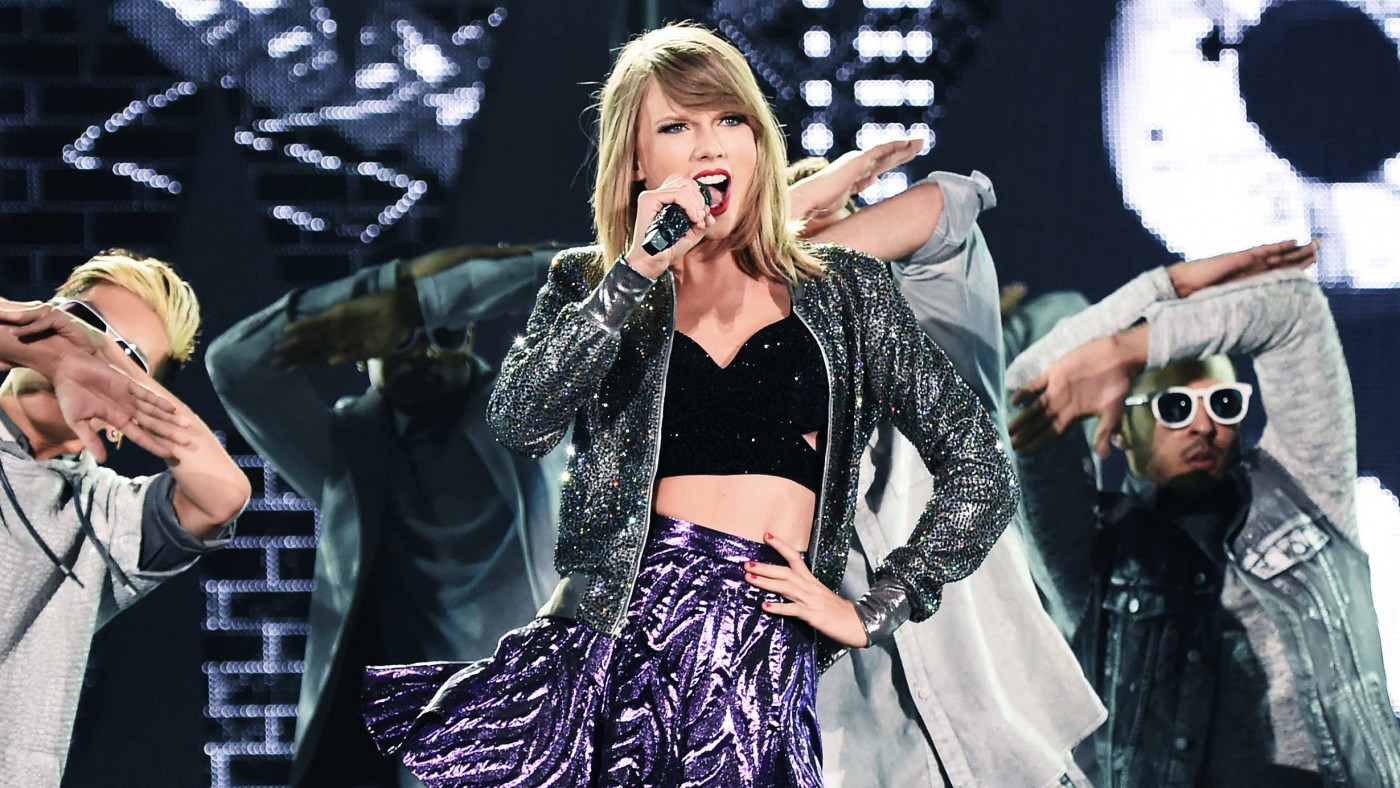After acquiescing to the demands of pop icon Taylor Swift, Apple is set to release its new online music streaming service Apple Music on the 30th June. The tech giant will look to bring competition into a music streaming market where Spotify has remained the dominant player.
That is not to say Spotify have not incurred strong competition in the last few years. Competitors such as Pandora, a music streaming service that creates curated and personalized music stations based on the song and artists one likes, has overshadowed Spotify in the American Market. There are also more recent market competitors such as Swedish-based music-streaming service Tidal that was re-launched by famous hip hop artist and business mogul Jay-Z and has focused on providing “higher-quality sound” to its subscribers.
However, unlike Pandora and Tidal Apple Music will be able to compete with Spotify on a variety of features such as price, compatibility, brand recognition and music discovery, and will therefore pose a greater threat. Although Pandora attracts a greater percentage of internet users in the US, it does not have the same global brand awareness because the only other markets it operates in are Australia and New Zealand. In contrast, both Spotify and Apple Music operate in more than 58 markets. The same goes for Tidal, which has been heavily condemned by its critics for being out of touch and charging ridiculously high premium subscriptions of around $25.99 per month. Apple Music, on the other hand, has done its market research and will charge $9.99 per month for its premium services – the same as Spotify.
If we look at other features of both music-streaming services, we find that Apple Music and Spotify are competitively very similar. In terms of music catalogue, Apple Music will take advantage of its large iTunes library, which, like Spotify’s, holds an excess of 30 million tracks.
The main question is therefore which feature will Apple Music use as its competitive advantage in the market?
The answer might be found if we consider one of the main distinctions between both music-streaming services: their social element. Spotify’s social prestige is connecting subscribers to their friend networks, specifically Facebook friends who have the ability to like or comment on one another’s Spotify activity. Apple Music appears to be more indifferent to this, and is predominantly concerned with connecting subscribers to a more exclusive network. These networks have been advertised through Apple’s Connect feature, where artists will be given their own page to “post tracks, videos, photos and concert updates, as well as promote the pages of other artists.” According to Digital trends, this is one of the “most engaging aspects of any service”. Apple Music’s Connect is therefore pioneering for a more transparent relationship between the artists and the subscriber.
In more than one way, Apple Music is catering to the artist more than Spotify. The advantage of Apple’s Connect is that artists have the ability to work through their own self-interest. Artists on Apple Music can influence potential revenue streams by using self-promoting tactics such as advertising ticket sales, tour updates, and exclusive track. On Spotify, artists do not have this leverage and have little way to communicate with subscribers. Apple Music also appeals to up-and-coming artists who will pick up how to gain brand recognition from top artists such as Coldplay and Ed Sheeran and therefore learn how to target subscribers. On Spotify, relatively unknown artists do not have this luxury and find it more difficult to advertise their new releases. As a social networking platform, Apple’s Connect feature could become the next Linkedln for music artists and is likely to gain mass appeal.
Given the state of the music streaming model, Apple Music’s approach of targeting the artist seems wise. Taylor Swift has often bemoaned the “paltry royalties paid out by digital providers”, and she is not alone. It is no secret that Spotify only pay their artists around $0.006 to $0.084 per song play, and it is likely Apple Music will pay the same. Regardless, the precedent with connect is that artists will have a clearer idea of how to engage with fans which may earn them long-term brand awareness.


